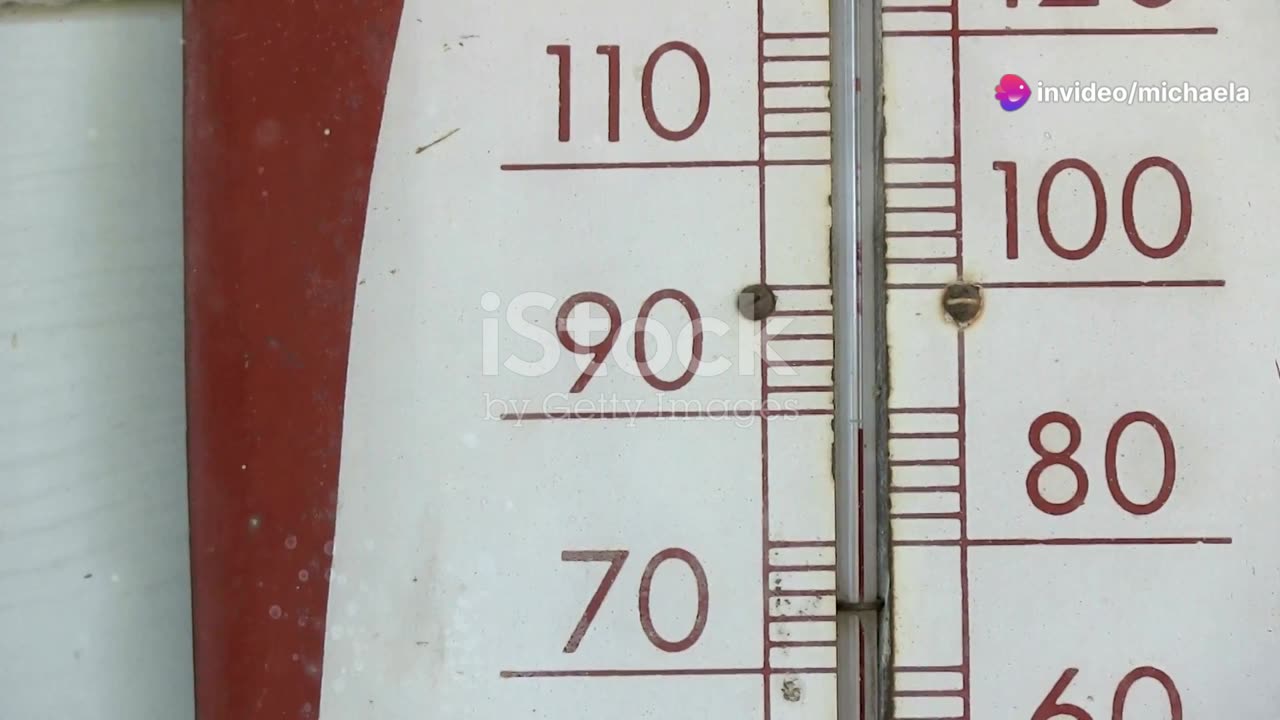Premium Only Content

Feeling the Burn: Understanding the Heat Index
Writing style- Informative Hey everyone! Today, let’s dive deep into the world of temperatures, specifically, what we call the Heat Index. Ever wondered why some days feel hotter than the actual temperature? Well, buckle up, because we’re about to find out! First off, the heat index is like a weather thermometer that’s had a chat with humidity. It’s a value that combines air temperature and relative humidity to tell you how hot it feels outside. Yes, it’s the weather’s way of adding a bit of drama to the temperatures! … So, why should you care? Well, when the heat index is high, it means our bodies have a harder time cooling down, which can be more than just uncomfortable—it can be dangerous. That's why on really humid days, even if the thermometer reads, say, 85 degrees Fahrenheit, it can feel more like 95 or even 100! Now, calculating the heat index might sound like a task for meteorologists, but it's actually based on a pretty understandable formula. The basic idea is that as the humidity increases, the air feels warmer than it actually is because our sweat doesn’t evaporate as well, which is our body's natural way of cooling down. … Interestingly, when the heat index reaches about 90 degrees Fahrenheit, it starts getting into what we call the 'caution zone'. This is where you'll want to start taking things like hydration and shade more seriously. And when it spikes above 105 degrees? That's entering the 'danger zone', where heat illnesses like heat stroke become much more likely. So next time you're planning a day out and the weather app shows a high heat index, remember, it’s not just the temperature you should look at, but also the humidity. Make sure to drink plenty of water, wear light clothing, and, yes, maybe save that intense outdoor workout for another day. There you go, a quick rundown on the heat index and why it's a crucial bit of info for anyone braving the outdoors in the heat. Stay safe, stay hydrated, and keep tuning in for more insights into how our world works. Catch you in the next video!
-
 1:23:45
1:23:45
Roseanne Barr
4 hours agoDeclassifying Presidential Sex Slavery W/ Cathy O’Brien | The Roseanne Barr Podcast #113
81K26 -
 LIVE
LIVE
FusedAegisTV
18 hours agoHollow Knight Silksong Waiting Room ~~ pt. I
78 watching -
 8:37
8:37
Warren Smith - Secret Scholar Society
6 hours agoJesse Lee Peterson EXPOSES How Stupid David Pakman Really Is
10.2K5 -
 44:44
44:44
Scammer Payback
8 hours agoCrazy Confrontation with Hacked Scammer Group
4.56K2 -
 1:09:00
1:09:00
vivafrei
4 hours agoKamala Harris Security Being "Pulled"? Kilmar Wants Trump Admin GAGGED! Fake News GALORE & MORE!
59.4K30 -
 1:33:32
1:33:32
The Quartering
5 hours agoContest Winners Picked, More Trans Attacks, SNL Collapsing, Raja Jackson STILL Not Arrested!
196K169 -
 1:19:44
1:19:44
Mark Kaye
6 hours ago🔴 Kamala FURIOUS Over Trump's Latest Move!
27.1K11 -

LumpyPotatoX2
3 hours agoSkate: Early Access - #RumbleGaming
12K -
 21:14
21:14
Jasmin Laine
4 hours ago“Absolute Nonsense Policy”—CBC Guest DROPS Savage TRUTH! Poilievre LEAVES Reporters SPEECHLESS
18.4K14 -
 LIVE
LIVE
LFA TV
11 hours agoLFA TV ALL DAY STREAM - FRIDAY 8/29/25
996 watching